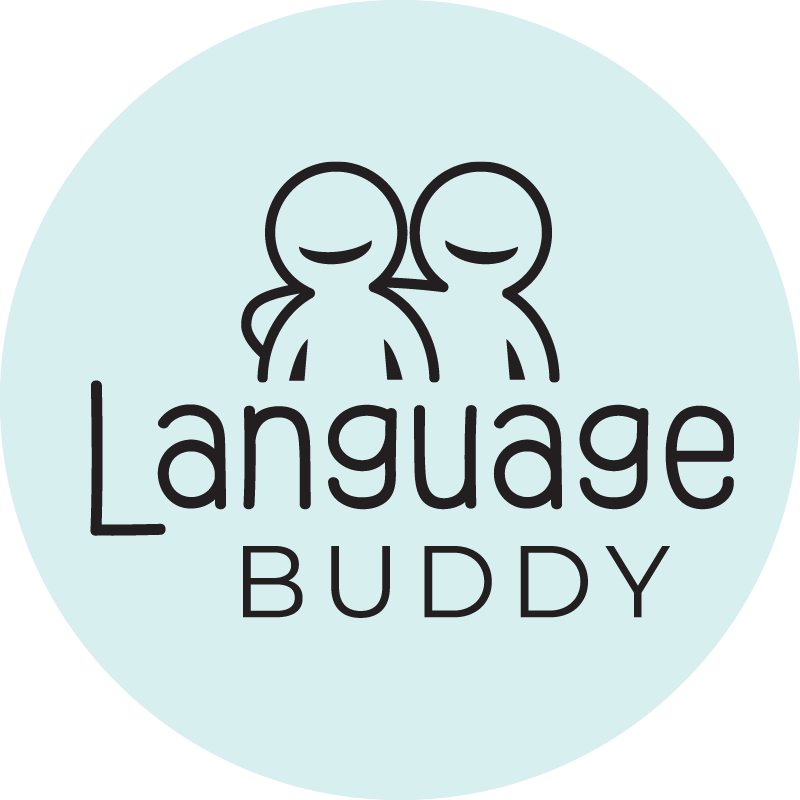Objectives and expected results
Language Buddy aims at enhancing the language learning of students (12 to 17 years old) with a refugee/migrant background through non-formal and informal learning through the upscaling of mentoring practices and implementation of a buddy system. Coordinated by Higher Education Institutions (HEIs), schools/education authorities, non-governmental organisations (NGOs) and migrant-led organisations, the buddy system will involve their matching with students of HEIs (pedagogy/education/language/literature departments) who will be supported to act as language mentors in terms of voluntary programmes and/or placements within the framework of their studies.
Objectives:
- Upscale buddy/mentoring systems with a language-learning component for young people with a migrant background (12 to 17 years old).
- Build the skills of Higher Education students of pedagogy/ education/ language/ literature departments on innovative learning methodologies, intercultural pedagogy and language development.
- Enhance access of young people with a migrant background (12 to 17 years old) to non-formal/informal language learning opportunities (supporting the work done by schools).
- Enhance cooperation between Higher Education Institutions, migrant-led organisations, schools, NGOs, local/regional education authorities for the support of young migrants’ language learning.
Expected results:
- Enhanced skills and competencies of at least 365 HEI students of pedagogy/ education/ literature departments who will be trained in the Language Buddy Model and participate in the pilots as mentors;
- Empowerment, enhanced (language) skills and competences of at least 365 secondary education pupils of a migrant background who will participate in the pilots as mentees;
- Strengthened partnerships and cooperation between HEIs, migrant-led organisations, schools, NGOs, local/regional education authorities through joint activities and relevant events;
- Enhanced knowledge and awareness of participating HEIs networks of the benefits of the Language Buddy Model;
- Enhanced awareness of local and national authorities, and of local communities/wider public on the importance of intercultural communication and solidarity;
- Promotion of innovative, learner-centred digital approaches to migrant language learning.
- Language Buddy Model further embedded into HEIs’ pedagogy/ education/ literature departments and other disciplines across EU countries;
- Modernization of European HEIs;
- Lower absenteeism and early school-leaving rate among children and youth with a refugee/migrant background, increased sense of belonging, civic engagement and improvement of academic performance;
- Meaningful, lasting relationships and social ties between HEI students and secondary education pupils; Mainstreaming of the Language Buddy Model at local/national level;
- Local and international networks of organisations that will cooperate for the inclusion of children and youth with a migrant background beyond the project’s life cycle;
- Social inclusion of migrant families;
- Countering xenophobic narratives and breaking stereotypes.
- Language Buddy opens new paths in a key aspect to advance towards more cohesive and inclusive societies, the learning of official languages by migrant children and adolescents who have recently arrived in EU territories.
Activities
Here the list of the main activities:
- Review of existing best practices and effective tools
- Co-design and development of the Language Buddy Model
- Establishment of Language Buddy system in HEIs
- Development of online course for HEI students
- Transnational Language Buddy Training of Trainers (ToT) workshop
- Training of HEI students
- Piloting of the Language Buddy system with pupils with a migrant background
- Evaluation of the pilots and development of the Language Buddy Model 2.0
- National digital roundtables
- Policy Recommendations for the mainstreaming of the Language Buddy Model
Target group
The target group of the project are migrant students in secondary education, HEI students, stakeholders (Higher Education Institutions, migrant-led organisations, schools, NGOs, local/regional education authorities).
Partnership
The Consortium, led by the University of Macedonia, consists of 16 organisations 8 CSOs, 7 Universities, 1 directorate of education and take place in 8 European countries: Greece, Italy, Romania, Bulgaria, Spain, Portugal, Malta and Austria.
Leaflet translations:
click to download
🇬🇷 Greek
🇮🇹 Italian
🇷🇴 Romanian
🇧🇬 Bulgarian
🇪🇸 Spanish
🇵🇹 Portuguese
🇦🇹 German
🇲🇹 Maltese
